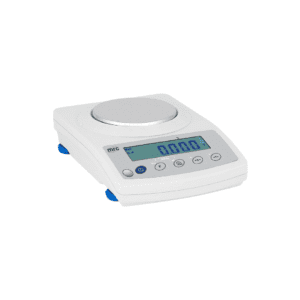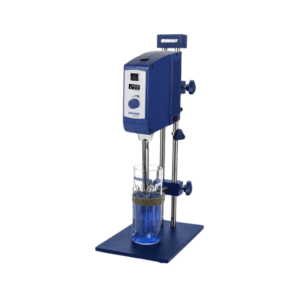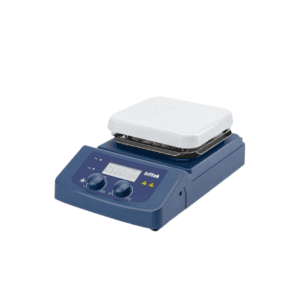Description
Laboratory ovens are indispensable tools in various fields, including research, quality control, and manufacturing. They offer controlled heating environments to process materials and samples accurately.
Types of Laboratory Ovens:
- Gravity Convection Ovens: These ovens rely on natural convection, where hot air rises and cooler air descends, creating a gentle heating environment suitable for drying delicate samples.
- Forced Air Convection Ovens: Equipped with fans, these ovens circulate air to ensure uniform temperature distribution, making them ideal for applications requiring consistent heating.
- Vacuum Ovens: Designed to operate under reduced pressure, vacuum ovens are used to dry heat-sensitive materials without oxidation, commonly utilized in pharmaceutical and electronic industries.
- Clean Process Ovens: These ovens maintain stringent cleanliness standards, often used for curing and annealing applications in semiconductor and aerospace sectors.
Key Features to Consider:
- Temperature Range: Select an oven that can achieve the temperatures required for your specific applications.
- Capacity: Choose an oven size that accommodates your sample volume while fitting within your available laboratory space.
- Uniformity: Ensure the oven provides consistent heating throughout the chamber to achieve reliable results.
- Control Systems: Modern ovens offer digital controllers with programmable settings, alarms, and data logging for enhanced precision and monitoring.
- Applications:
Laboratory ovens are utilized in various applications, including:
- Drying glassware and samples
- Curing polymers and adhesives
- Sterilizing equipment
- Heat-treating materials
- Testing electronic components
Maintenance and Safety:
Regular maintenance is crucial for optimal oven performance:
- Cleaning: Keep the interior free from contaminants to prevent cross-contamination and ensure accurate results.
- Calibration: Periodically verify and adjust temperature controls to maintain precision.
- Safety Checks: Regularly inspect door seals, ventilation systems, and electrical components to ensure safe operation.
By selecting the appropriate laboratory oven and adhering to maintenance protocols, laboratories can achieve efficient and reliable heating processes, supporting the integrity and success of their experiments and production activities.





